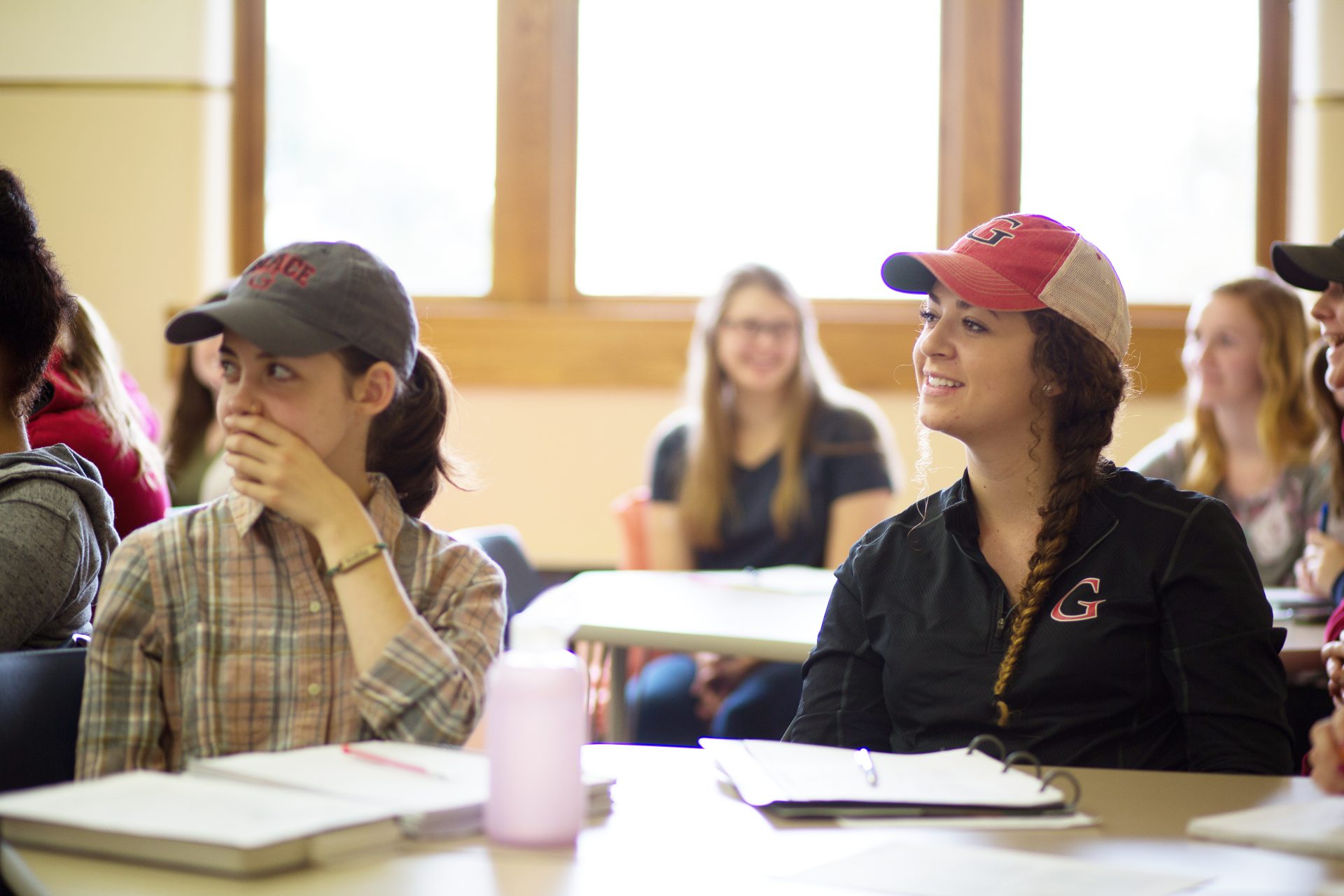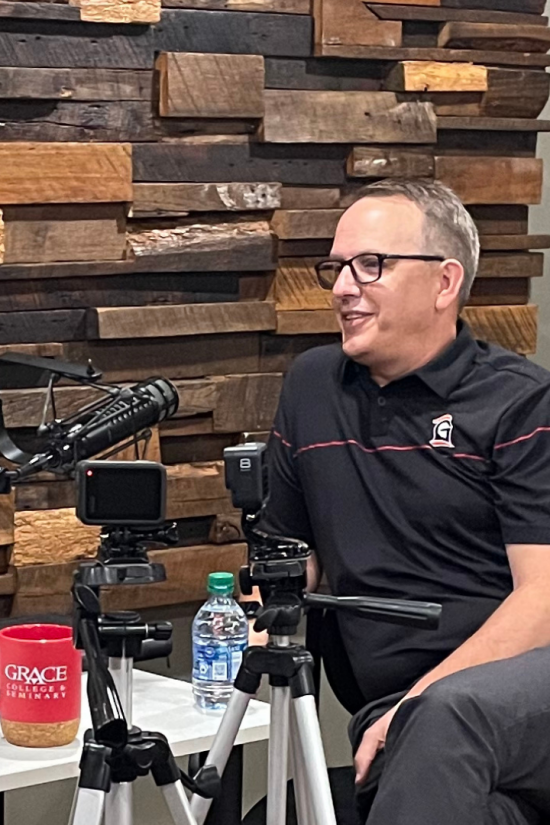With a psychology clinical and integrative health major at Grace College, you’ll be equipped to dive into the medical side of the brain’s form and function, as well as how it can cause behavioral issues and changes.
Our psychology program finds its foundation in God’s Word, especially in our belief that all humans are made in the image of God. Our personality is one way we reflect Him, and psychology allows us to explore His creative work of the human brain.
As a clinical and integrative health major, you can expect interactive, group-based classes, in which you’ll discuss assigned readings and collaborate to find practical approaches to real-life scenarios. You’ll explore what past research and case studies have concluded, what your professors have seen as experienced practitioners, and which techniques experts use today.
You’ll take both behavioral science core and major-specific courses. Your core classes will introduce you to the foundations of counseling, criminal justice, and behavioral science research.
With a clinical and integrative health concentration, you’ll dive into the medical side of psychology, studying abnormal psychology, psychological measurement, emotional regulation, and motivation. If you’re considering a career at a medical facility, such as a hospital or behavioral health center, this concentration may be for you.
The child psychology clinical and integrative health major culminates in a practicum or internship. We’ll work with you to find a setting that best matches your career goals. Because of the great demand for psychology work nationwide, you have several options. Students have interned at inpatient and outpatient mental health units, hospitals, nonprofits, corporate settings, and government positions.
Once you graduate with a clinical and integrative health degree, you’ll be prepared to use your psychological training in a medical setting, not to mention a variety of other fields. Graduates have gone on to work for hospitals, inpatient mental health units, addiction recovery organizations, youth and family providers, the Department of Child Services, nonprofits, shelters, and schools.










